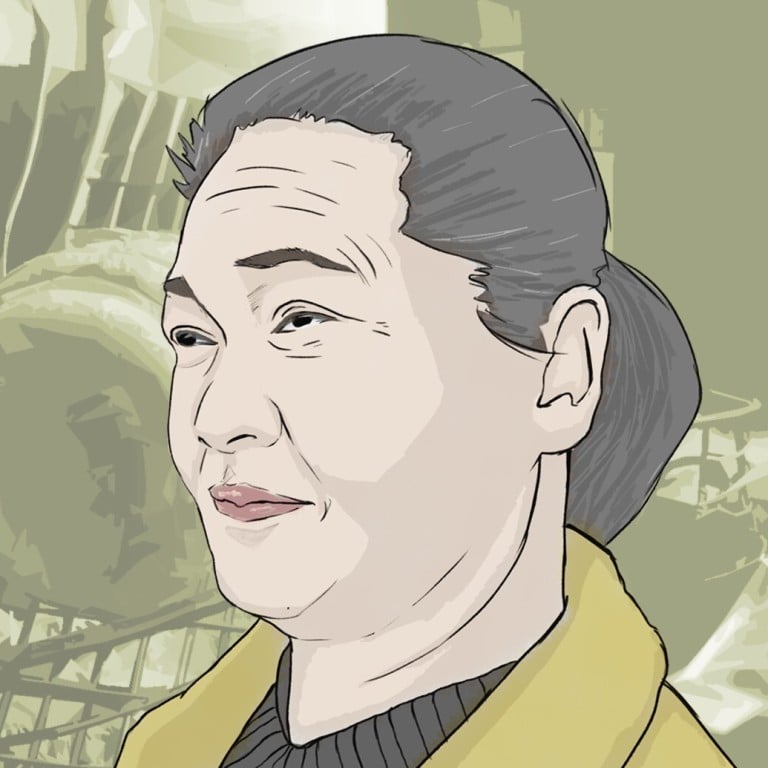
As Wuhan comes out of lockdown many are asking: where is Auntie Xiong and her delicious street food?
- Fifth in a series exploring the different experiences of Covid-19 survivors from around the world
- She may not have been famous but this cook will be missed by devoted customers
As traffic jams and other trappings of urban life return to the streets of Wuhan, something in the city’s old town feels off. Where is Auntie Xiong?
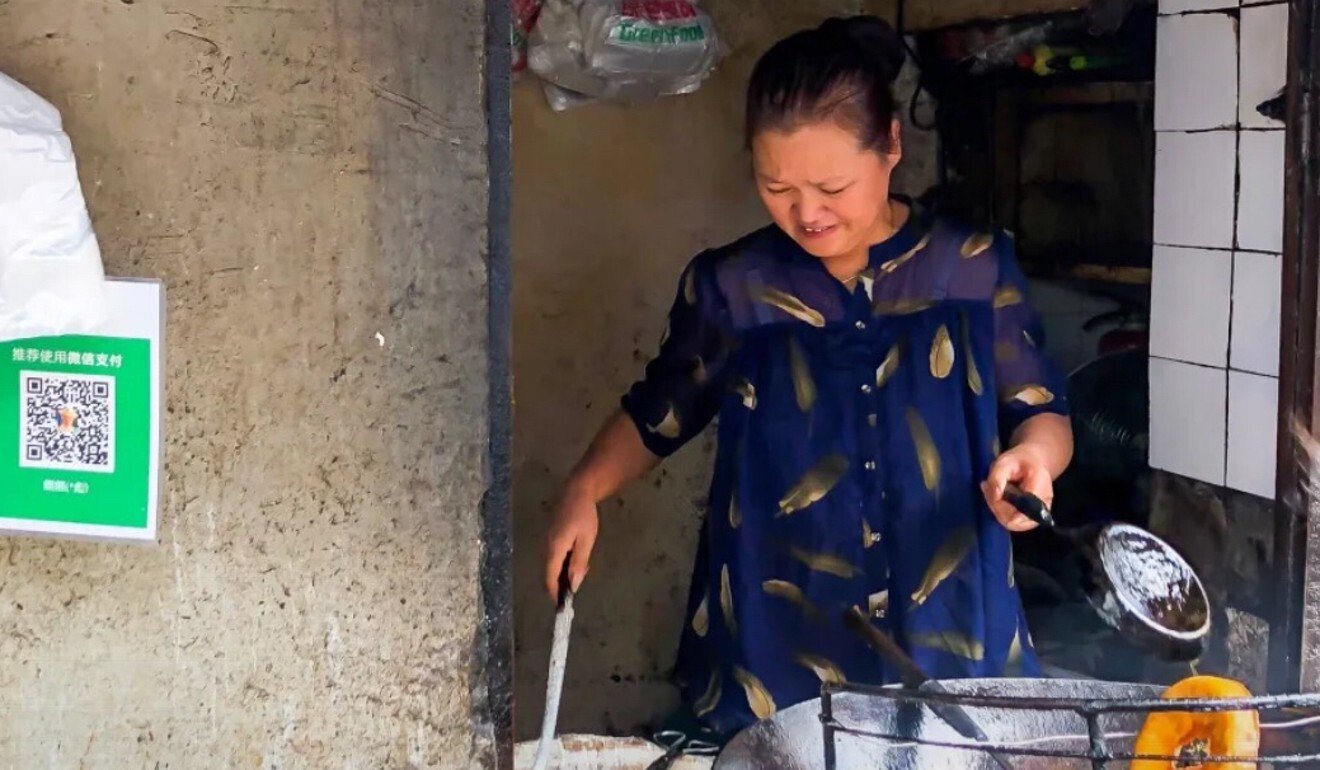
Xiong, in her fifties, had been at it for more than a decade. The business allowed her family, originally from a northern suburb of Wuhan, to raise three children in the city centre. In the process, she built a loyal base of hungry Wuhanese who craved the fried dough every morning before they went off to work.
“It was the best mianwo I’ve ever had,” Zeng, a 50-year-old Wuhan resident, said. His family of three are all fans of Auntie Xiong’s snacks.
“The ratio of rice flour and soy was just right. The outer ring was soft and meaty, and the inner side was brown and crispy.”
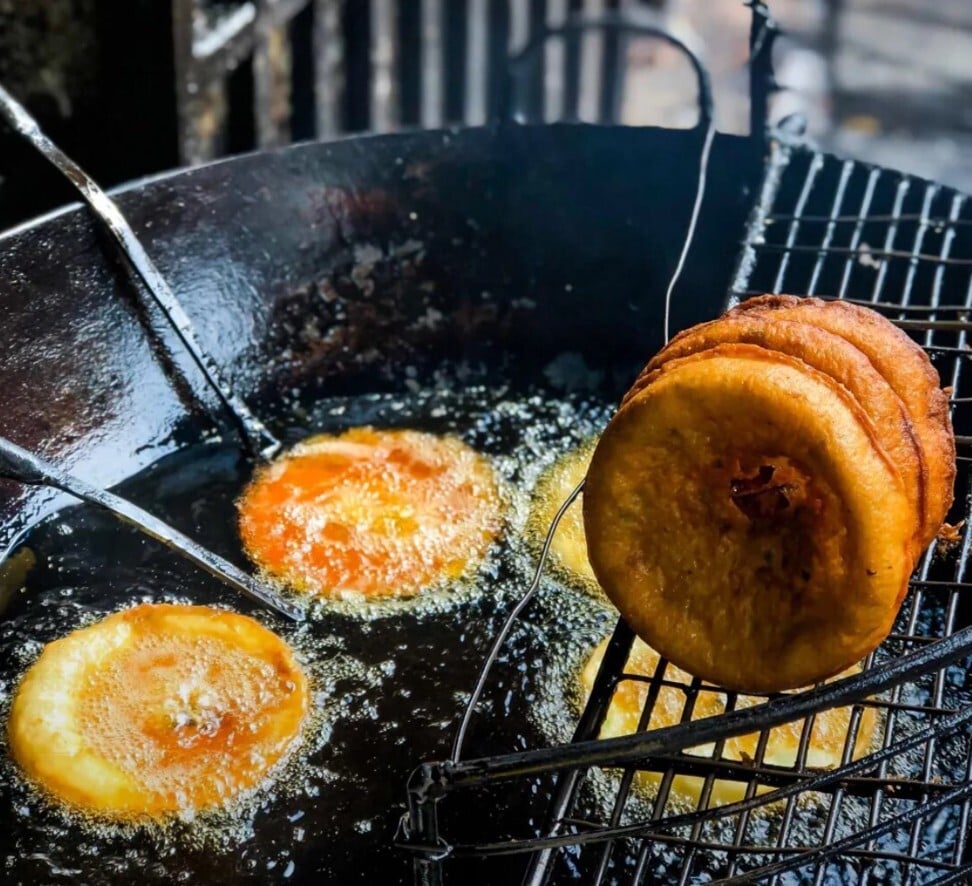
But people like Zeng will never have that mianwo again. Auntie Xiong is gone.
Xiong died during the coronavirus outbreak that devastated the city. She is suspected to have contracted the disease.
“I was so sad when I heard [she died],” Zeng said, who had come to know Auntie Xiong well from chatting with her during waits as long as 40 minutes.
“When we go onto the streets again after these two months, the buildings will be the same, the trees will be the same, but some people will be gone.”
The death of Auntie Xiong triggered a wave of nostalgia and grief among Wuhan people.
The closed restaurants and missing familiar faces were a stark reminder of the permanent wounds the virus has left behind in the city of 11 million people, and will leave in its path across the globe.
As the city reopened for business on Wednesday, more than 10 weeks after the January 23 lockdown, residents have celebrated the occasion by sharing photos on social media of their first meal after the end of the lockdown.
At some point, the city’s eaters are expected to return to the streets in full force. But Auntie Xiong’s stall, which has been featured in Wuhan travel guides and food shows, will not be a part of it.
In an interview with Ergeng Video published in January 2018, Xiong, whose full name is Xiong Guifeng, said she began selling mianwo more than 10 years ago.
Every morning, she got up around 3am or 4am to prepare the ingredients – rice batter and soybean paste – and began frying the dough at 5am.
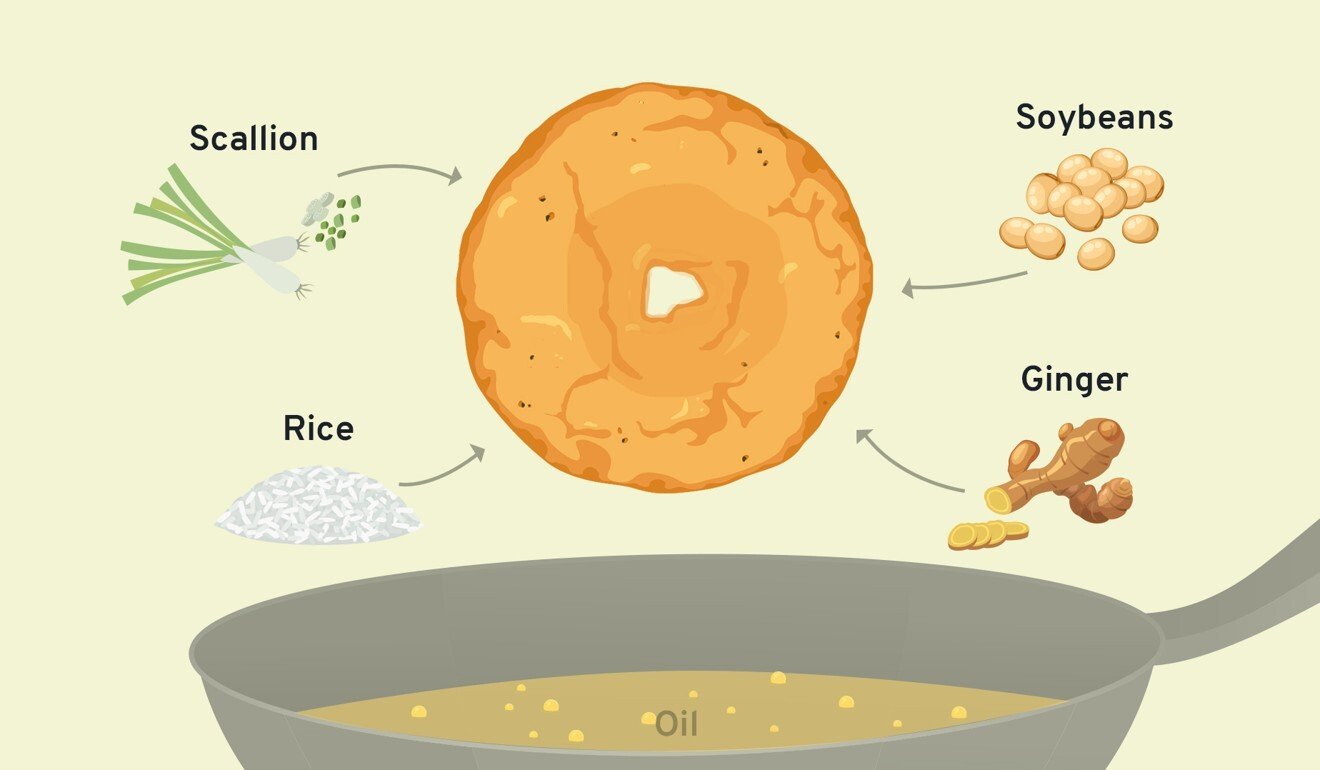
“Sometimes I feel it’s not only for my family, but also for the old neighbours who have been eating [my mianwo] for more than a decade,” she said.
“Some people moved away, but they still travelled across the city to buy mianwo from me. I feel really satisfied when I think of that.”
Xiong now belongs to an unknown number of people who died before they could be tested for the virus, possibly because of a shortage of testing kits at the peak of the outbreak in Wuhan.
Xiong’s daughter told Pear Video that her mother had a history of diabetes and high blood pressure. Doctors suspected she had been infected with the coronavirus when she developed a fever and shortness of breath. She was admitted to hospital and died a few days later.
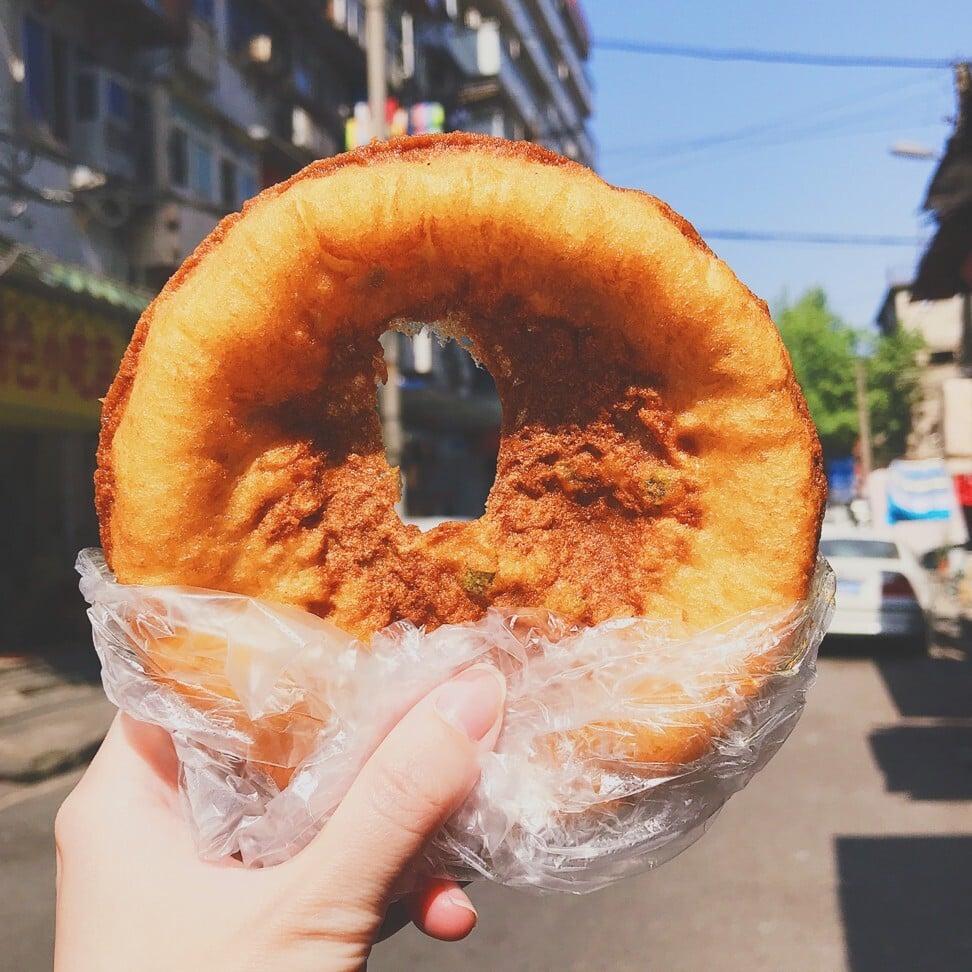
Xiong’s death did not attract national attention and she is not on the government’s list of martyrs that includes doctors, nurses and police officers killed by the virus.
But to her old customers, the passing of the beloved breakfast chef was a blow no less devastating.
“God, I grew up eating this auntie’s mianwo,” user Zhangzhou18 commented on a post about Xiong’s death on Weibo, a Chinese Twitter-like service. “I have tears in my eyes.”
“It’s like Thanos snapped his fingers,” Chichaniangzi, another user, wrote, referring to the fictional Marvel villain’s ability to wipe out lives with the snap of his finger. “Suddenly people we know are disappearing.”
Stories like Auntie Xiong’s are now repeating in other parts of the world as the virus tears through the global community.
In Wuhan, although most people have survived the worst of the outbreak, their long healing process is only beginning.
“We are still a bit depressed,” said local photographer Zhao Yingcong. The 33-year-old was a frequent customer of Auntie Xiong’s and remembers how she was always sweating a lot next to the wok.
“The end of the lockdown is not a victory,” Zhao said. “Malls are closed. Many companies have lost their businesses. People have to work harder to recover the lost incomes. Many problems are left unresolved.”
Zeng said Auntie Xiong joked about a year ago that she could stop working hard after she died.
“I said, ‘You must not die. If you die, many of us would have no mianwo to eat.’”
This article is one in a series exploring the experiences of recovered Covid-19 patients around the world
For Zeng, and many others like him, every morning is now a reminder that they live in a world where those words are a reality.
Sign up now and get a 10% discount (original price US$400) off the China AI Report 2020 by SCMP Research. Learn about the AI ambitions of Alibaba, Baidu & JD.com through our in-depth case studies, and explore new applications of AI across industries. The report also includes exclusive access to webinars to interact with C-level executives from leading China AI companies (via live Q&A sessions). Offer valid until 31 May 2020.











